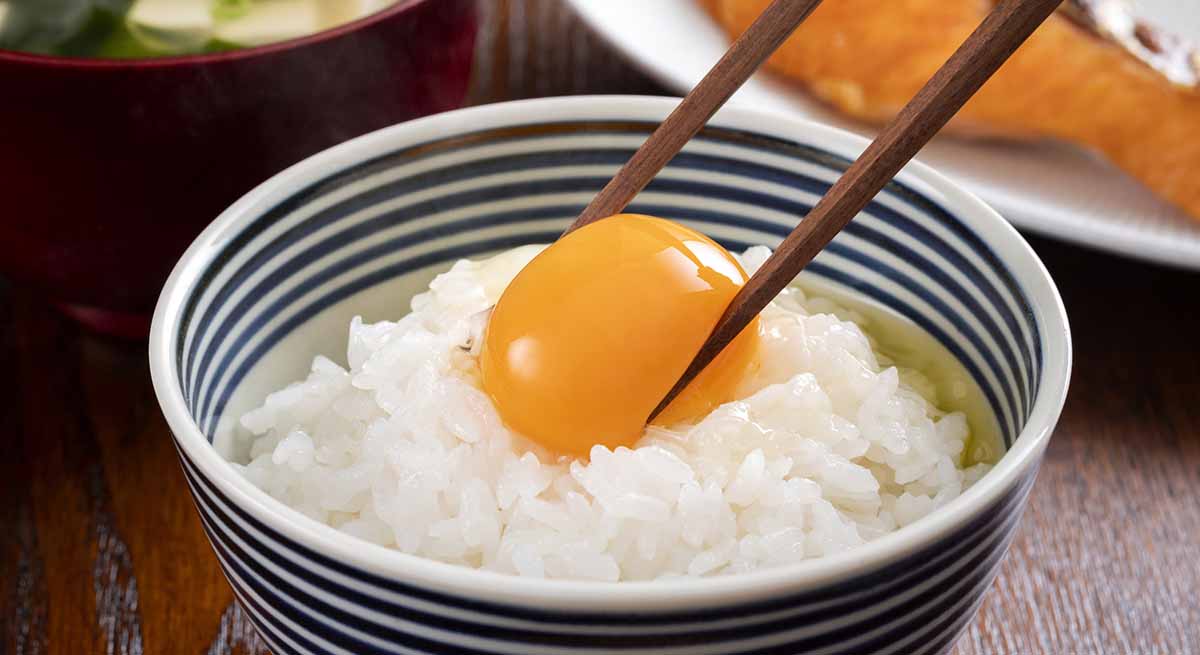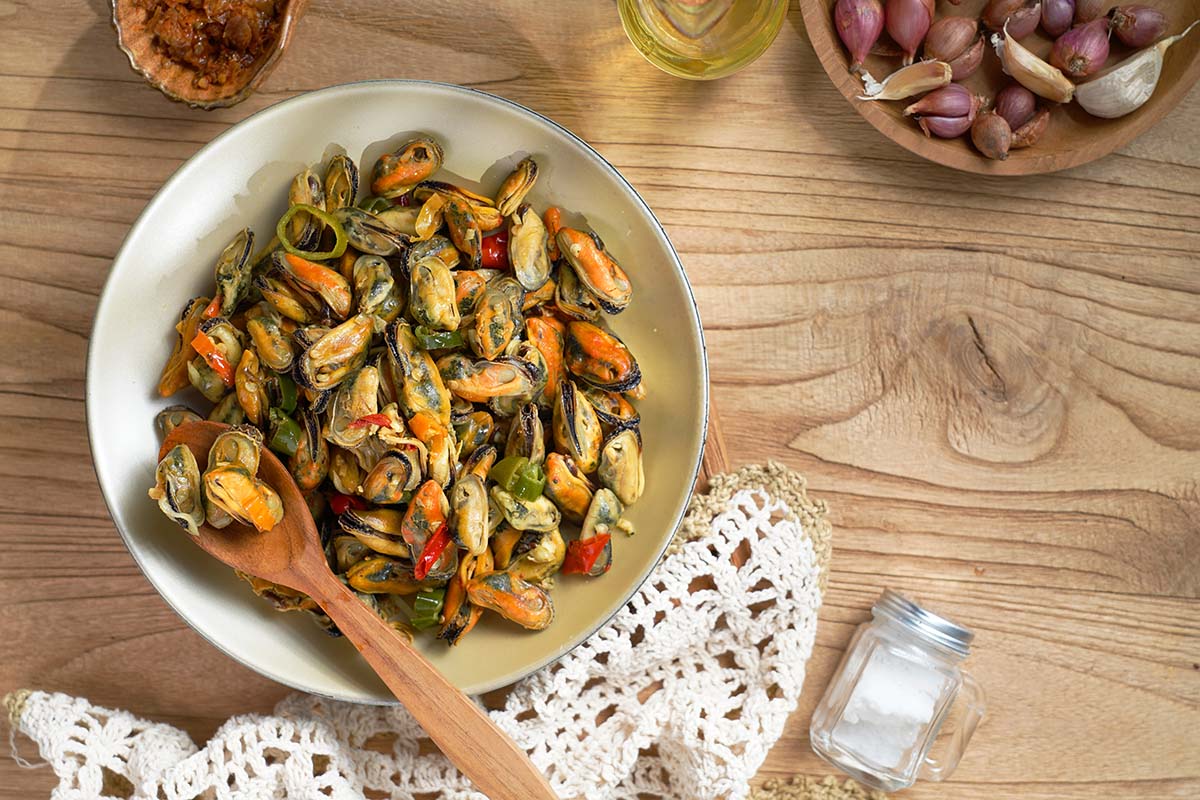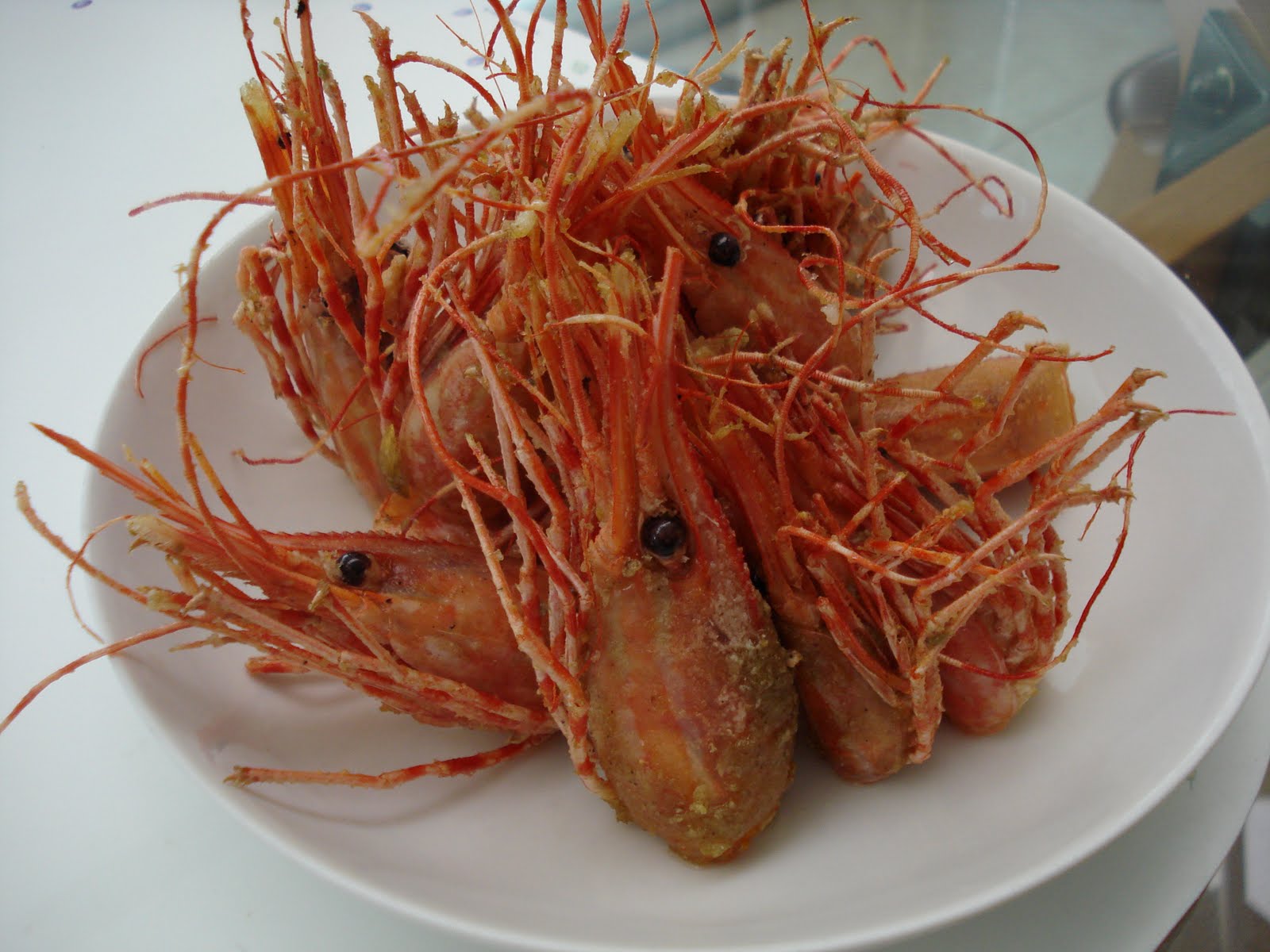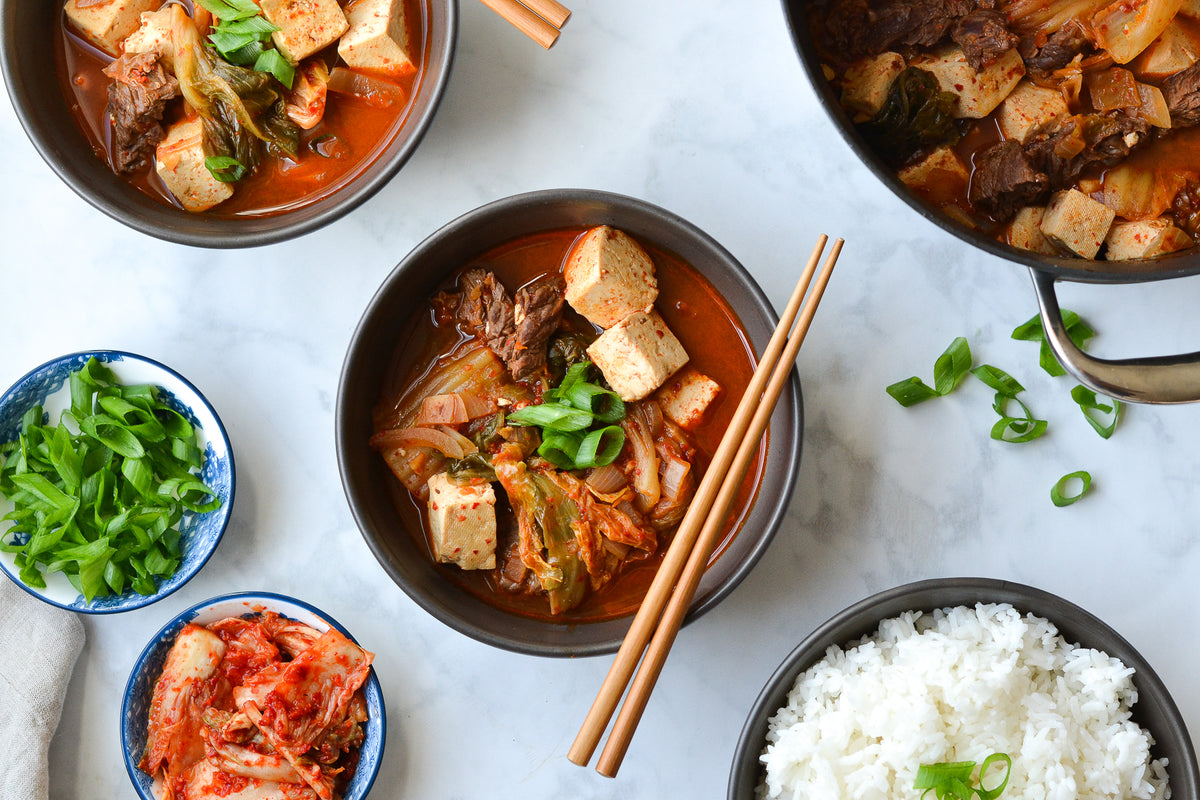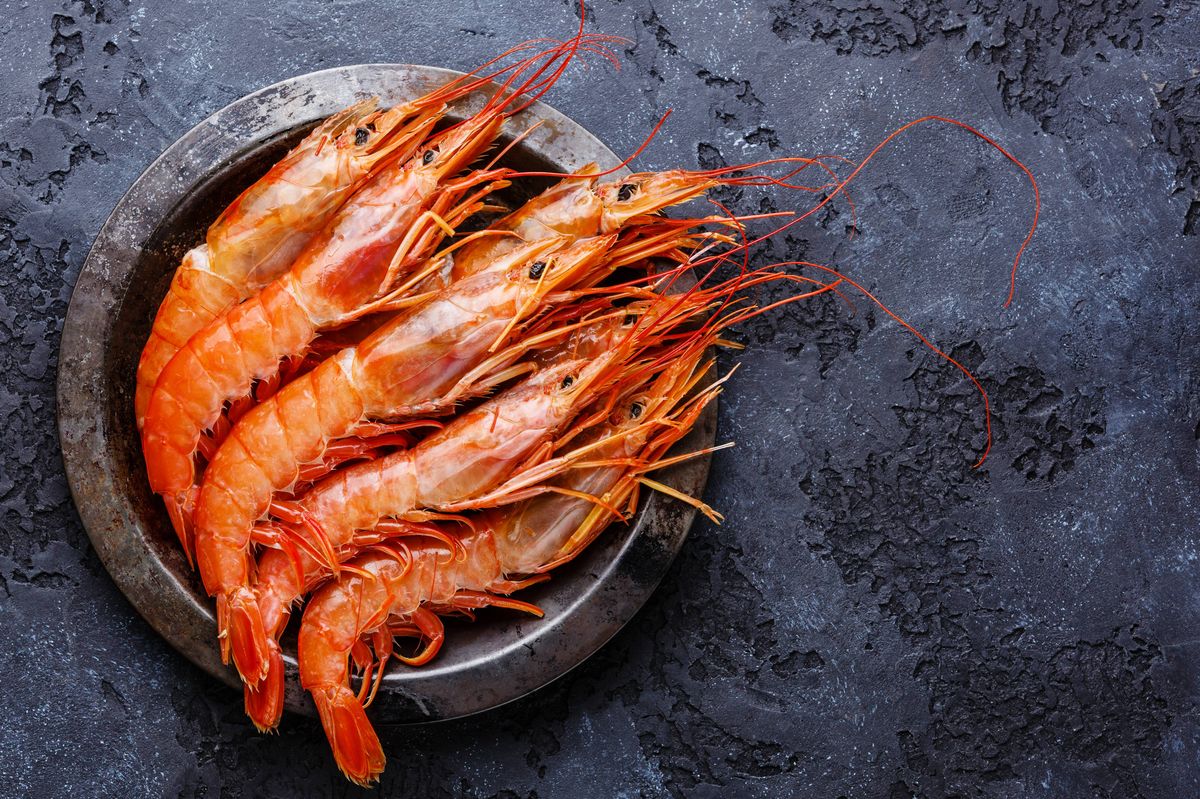Egg white protein is a versatile and nutrient-packed option for boosting your daily protein intake. With its high-quality amino acids, low fat, and easy digestibility, it’s an excellent choice for athletes, health enthusiasts, and anyone looking to incorporate more protein into their diet. Here’s a detailed guide on how to effectively consume egg white protein across various meals and snacks.
Understanding the Benefits of Egg White Protein
- Nutritional Powerhouse: Each egg white provides about 3.6 grams of protein while being virtually fat-free and low in calories. It’s a great source of essential amino acids that support muscle repair and growth.
- Digestibility: Its high digestibility makes it a preferred option for post-workout recovery or as a meal replacement ingredient.
How To Incorporate Egg White Protein
1. Cooked Options
Cooking egg whites is a straightforward way to add protein to your meals. Here are some simple methods:
- Scrambled Egg Whites:
- Whisk a few egg whites until frothy.
- Pour into a non-stick pan and cook over medium heat, stirring gently until just set.
- Pair with whole-grain toast or sautéed vegetables for a balanced meal.
- Omelettes:
- Combine egg whites with diced vegetables like spinach, tomatoes, and bell peppers.
- Season with herbs and spices, then cook in a skillet for a filling and nutrient-rich breakfast or dinner.
- Baking:
- Use egg whites in recipes for cakes, muffins, or meringues. They provide structure to baked goods while increasing their protein content.
- Substitute whole eggs with egg whites in recipes to lower fat content while maintaining texture.
2. Smoothies and Shakes
Egg white protein is an excellent addition to smoothies and shakes for a convenient protein boost.
- Liquid Egg Whites:
- Add pasteurized liquid egg whites (found in cartons) to your smoothie. Blend with fruits like bananas, berries, or mangoes for a refreshing drink.
- The neutral flavor allows it to blend seamlessly without overpowering other ingredients.
- Protein Powders:
- Use powdered egg white protein for shakes. Mix it with water, milk, or a plant-based milk alternative.
- Add flavor by blending with cocoa powder, nut butter, or greens like spinach.
3. Creative Recipes
Get creative with your meals by incorporating egg whites in less conventional ways:
- Protein Pancakes:
- Mix egg whites with oat flour and a mashed banana for high-protein, naturally sweet pancakes.
- Top with fresh fruit and a drizzle of honey for a wholesome breakfast.
- Soups:
- Swirl egg whites into hot soup for an easy protein boost. The result is a light, fluffy texture similar to egg drop soup.
- Protein Bars:
- Use powdered egg white protein as a base for homemade protein bars. Mix with oats, nuts, and dried fruits, then bake or refrigerate for a portable snack.
Practical Tips for Eating Egg White Protein
- Start with Small Portions:
- If you’re new to egg whites, begin with smaller amounts to gauge how your body reacts.
- Gradually increase your intake based on your dietary goals.
- Combine with Other Foods:
- Pair egg white protein with healthy fats (e.g., avocado or nuts) or complex carbs (e.g., quinoa or brown rice) for a balanced meal.
- Cook with Care:
- Avoid overcooking egg whites, as they can become rubbery and lose their texture. Cook until just set for the best results.
- Experiment with Spices:
- Use spices like turmeric, paprika, or black pepper to enhance the flavor of plain egg whites.
Safety and Precautions
- Cook Thoroughly:
- Cooking egg whites reduces the risk of salmonella, which can be present in raw eggs. Pasteurized liquid egg whites are safe to use raw in smoothies or shakes.
- Watch for Allergies:
- Some individuals may be allergic to eggs. If you experience any discomfort, discontinue use and consult a healthcare provider.
- Storage:
- Store raw egg whites in a sealed container in the refrigerator. Use them within three days for optimal freshness.
Why Egg White Protein Works
Egg white protein is a convenient, versatile, and nutrient-dense option for those seeking to increase protein intake without excess fat or calories. By incorporating it into everyday meals, you can enjoy a variety of delicious dishes while supporting your nutritional goals.
More Delicious Ways to Enjoy Egg White Protein
After mastering the essentials of egg white protein through our guide, you're well-prepped to try out some delicious, protein-packed recipes. We recommend starting with the Egg White Omelette with Spinach and Mushrooms for a classic, nutrient-rich breakfast. For those with a sweet tooth, the Vanilla Cinnamon Egg White Protein Pancakes make a delightful morning treat or a comforting evening snack. If you're on the go, consider whipping up a Berry Bliss Egg White Smoothie, perfect for a quick protein boost. Each recipe is designed to not only satisfy your taste buds but also to help you meet your dietary protein requirements effectively.
Was this page helpful?
Abby Marcelino
Abby is a writer, editor, and a fan of ASMR mukbang and cooking videos. Her family has been in the food industry for years and she has been working for their business as a part-time quality assurance officer and content creator. She is addicted to all things dairy and carbs, most especially cheese and bread.
